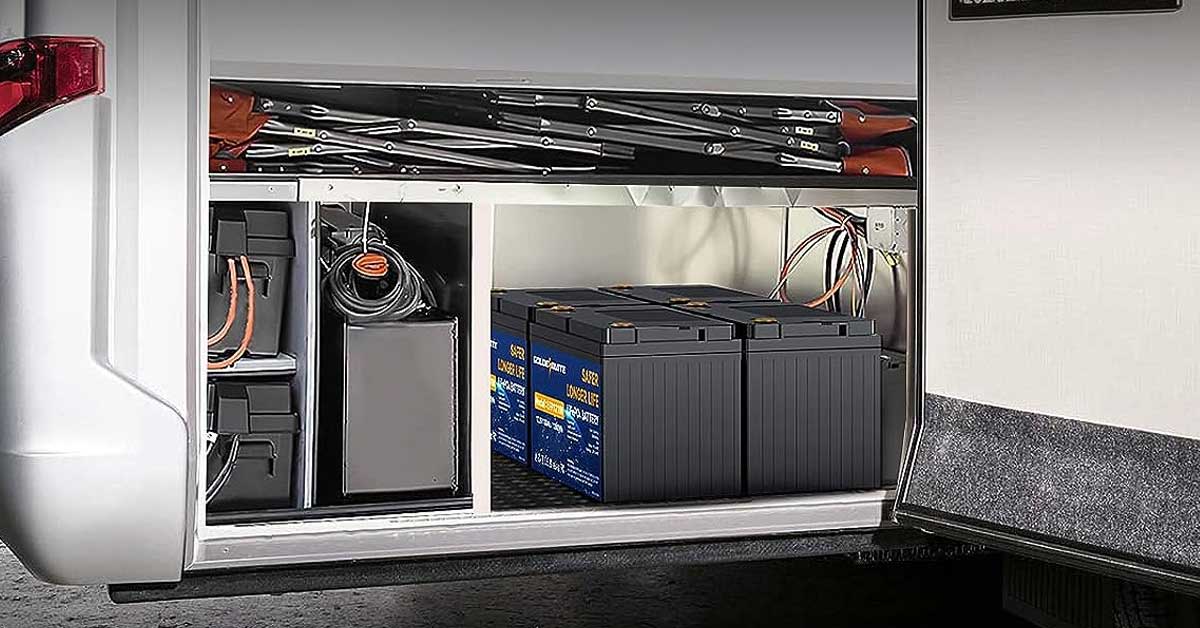Lithium Iron Phosphate (LiFePO4) batteries have been gaining momentum in the energy storage industry due to their impressive longevity and unique cycle life. LiFePO4 batteries offer a number of advantages over traditional lead-acid or nickel-cadmium models, including superior safety, greater charge/discharge efficiency, and lighter weight.
In this article we will explore what sets LiFePO4 batteries apart from other types of rechargeable cells when it comes to lifespan and cycle life. Well also look at some common applications for these advanced power sources and discuss how you can get the most out of your battery investment.
The Durability and Longer Lasting Power of LiFePO4 Batteries Cycle Life:

The durability and longer lasting power of LiFePO4 batteries is what sets them apart from other types. LiFePO4 batteries have an excellent cycle life, meaning they can go through hundreds of charge-discharge cycles without losing significant capacity.
This makes them a great choice for applications that require a reliable source of power over long periods of time. In addition to their exceptional cycle life, LiFePO4 batteries also feature superior thermal management capabilities which help to ensure safe operation in even extreme temperatures.
Finally, the ability to operate at high current levels makes these batteries ideal for powering demanding devices such as electric vehicles or tools used in industrial environments. All this adds up to make LiFePO4 one of the most durable and powerful battery technologies available today.
How LiFePO4 Batteries Outperform Other Battery Types in Charge/Discharge Cycles

When it comes to charge/discharge cycles, LiFePO4 batteries outperform other battery types for a number of reasons. To start, these batteries last much longer than traditional lead-acid and nickel-cadmium ones.
The cycle life of LiFePO4 is up to 2000 times more than that of a lead-acid battery and 10 times better than a nickel-cadmium one. This means less trips to the store for replacement batteries as well as fewer discarded spent cells in landfills or recycling centers.
Additionally, these rechargeable cells are capable of delivering very high currents which makes them ideal for applications that require frequent charging or discharging such as electric vehicles and power tools. Furthermore, LiFePO4 can also maintain its capacity even after thousands of deep discharge cycles making them an excellent choice when long-lasting performance is needed.
All this combined with their lightweight construction makes LiFePO4 one the best options when choosing between different battery types available on the market today.
Conclusion

The LiFePO4 battery has many advantages that set it apart from other batteries, including its long lifespan and cycle life. Its longevity is due to the high quality of materials used in its construction, making it a great choice for those looking for a reliable source of power.
The fact that this type of battery can be recharged multiple times without losing any capacity makes them even more appealing. With all these benefits, the LiFePO4 battery is an excellent choice for anyone who needs a dependable and durable energy source.

